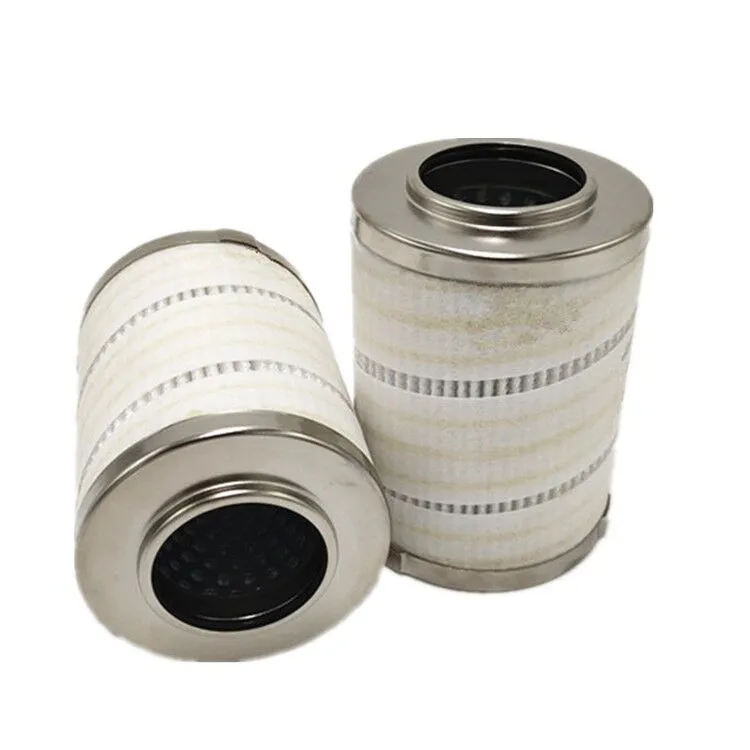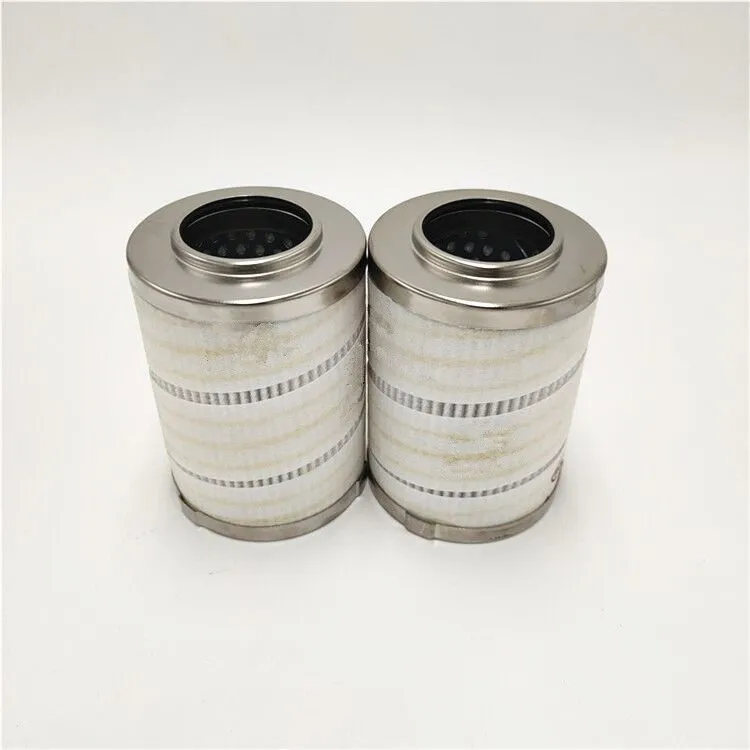What Makes Centrifuge Diesel Oil Filters Essential in Modern Engines?
Let’s face it—diesel engines are the backbone of many industries, powering everything from heavy trucks to massive ships. But keeping them running smoothly isn’t just about fuel or maintenance; it’s about clean oil. Without proper filtration, dirt and grime can sneak into your engine, causing big problems down the road. This article dives into why oil filtration matters so much today, how it works, and why solutions like Ourun and Centrifugal Oil Purifier are worth your attention. Stick around to learn how to protect your engine and save money!

The Role of Oil Filtration in Engine Performance and Longevity
Diesel engines are made to be tough and strong. Yet, their ability to keep going depends a lot on having clean oil. Oil doesn’t just make parts slide smoothly. It also cools things down, cuts down on wear, and carries away dirt to the filter. If filtration isn’t good, junk like soot, tiny metal bits, and carbon buildup can pile up. This speeds up damage and shortens the engine’s life. Good filtration takes out these nasty bits before they can harm anything. Studies indicate that inadequate oil filtration can reduce diesel engine lifespan by up to 20% due to accelerated wear from contaminants like soot and metal particles (Source: Diesel Engine Maintenance Report, www.enginejournal.com).
Modern Engines Demand More from Filtration Systems
Today’s diesel engines work under intense pressure with super tight fits. Fancy fuel systems and turbochargers need oil that’s really clean to run well. As engine designs get more advanced, filtration has to step up too. Filters now need to catch smaller specks of dirt. They also have to deal with more junk while still letting oil flow easily through the system.
The Risks of Inadequate Oil Filtration Over Time
Ignoring proper oil filtration can bring serious trouble. Think clogged injectors or lousy fuel use. You might face overheating or more pollution coming out of the exhaust. Worst of all, the engine could fail completely. These dangers are bigger in tough settings like heavy trucks or boats that run non-stop for long hours.
What Are the Two Main Types of Filters in a Diesel Fuel System?
Primary Filters: Designed to Protect Fuel Pumps and Injectors
Primary filters act as the first shield in a diesel fuel setup. They sit between the fuel tank and the engine’s pump. Their job is to grab bigger bits like rust or dirt that sneak in during refueling or from a rusty tank. By catching this rough stuff early, they save delicate parts like pumps and injectors from wearing out too soon.
Secondary Filters: Fine-Tuning Fuel Purity Before Combustion
Secondary filters step in after the primary ones. They snatch up tiny specks before the fuel hits the engine’s burning zone. These super-effective filters make sure only the cleanest fuel gets used. That’s key for great burning and keeping emissions under control.
Where Centrifuge Diesel Oil Filters Fit into This System
While primary and secondary filters tackle solid dirt in fuel lines, centrifuge diesel oil filters often work in industries like power or chemicals to clean oil products. In diesel engines, these Centrifugal Oil Purifier units help out by handling tiny bits floating in lubricating oil. This includes soot and sludge made during burning, which regular filters might miss.

How Do Centrifuge Diesel Oil Filters Work Compared to Traditional Filters?
The Principle Behind Centrifugal Separation Technology
The main idea of Centrifugal Oil Purifier systems is simple. They use spinning force to split stuff based on how heavy it is. When oil mixed with dirt and water goes into a fast-spinning drum—often over 8000 spins per minute—the heavy junk gets flung to the edges. Meanwhile, the cleaner oil stays near the middle. Think of it like a washing machine spinning water out of wet clothes with speedy twists.
Mechanical vs. Centrifugal Filtration: Efficiency and Precision
Old-school mechanical filters use a mesh to trap bits as oil flows through. They’re okay for bigger trash but can get blocked fast by tiny gunk or sludge. Centrifugal filters dodge this problem. They rely on spinning power instead of a physical net. This keeps the oil moving nicely, even when there’s a lot of dirt to handle.
Centrifugal Oil Purifier systems are super quick too. They can finish a cleaning round in just 3 to 5 minutes. Plus, each round can handle 20 to 25 kilograms of oil. You only need to clear out residue once for every 1000 kilograms cleaned.
Benefits of Using Centrifugal Force for Contaminant Removal
Centrifugal setups are great at grabbing super small stuff that regular filters can’t touch. This includes soot, tiny water drops, rusty bits, and metal scraps. The result? Much cleaner oil flowing through your engine. As time goes on, Centrifugal Oil Purifier tech keeps getting better. It plays a big role in many fields today.
What Makes Centrifuge Filters a Smart Choice for You?
Better Protection Against Soot, Sludge, and Carbon Particles
Engines working hard make a lot of junk like soot and leftover fuel bits. Most of these are too tiny for standard filters to catch well. Centrifuge diesel oil filters solve this by pulling out these micro threats using weight differences, not just mesh holes. In factories and car shops, oil often picks up dirt like metal bits or dust during use. Centrifugal Oil Purifier units clean this used oil, bringing it back to good shape for reuse.
Longer Service Intervals and Reduced Maintenance Costs
Unlike regular filters that get clogged and need swapping, centrifugal units don’t have parts that block up so fast. They also need less cleaning for the amount of oil they handle. This cuts down on downtime a lot. Such easy use boosts how much work you can get done without stops.
Why Is This Technology Gaining Popularity Across Industries?
Applications in Heavy-Duty Vehicles, Marine Engines, and Generators
Big trucks moving goods across countries, ships sailing for days, or backup power units for important buildings—all need steady oil quality in harsh settings. Centrifuge diesel oil filter tech handles this with little need for checkups between uses. For instance, car repair shops use Centrifugal Oil Purifier systems to clean up old oil for reuse.
Growing Industry Standards for Cleaner Engine Operation
As companies aim for engines that last longer with fewer breakdowns, and as users want less downtime, better filtration isn’t just a nice extra. It’s a must-have for keeping things running. This push for reliability drives the need for advanced solutions.
Environmental Regulations Pushing Innovation in Filtration
Rules on emissions are getting stricter everywhere. From Europe’s Euro VI to North America’s EPA Tier 4, these laws push for tech that keeps engines cleaner inside without making more waste or using extra power. Soon, even greener separation methods will come up to lessen harm to nature.
What Makes Ourun’s Centrifugal Oil Purifier Worth Considering?
Designed for High-Load Diesel Engines with Continuous Operation Needs
Ourun’s Centrifugal Oil Purifier systems are crafted for huge jobs. Think ship engines or mining gear where oil quality must stay perfect, even under constant heavy work. They’re built to handle such demands without a hitch.
Automatic Draining System Reduces Manual Intervention
These units come with auto sludge removal. This cuts down on the need for hands-on work while keeping things running smoothly. It’s a big plus over other models that need manual cleaning, unlike many rival options.
Built-In Monitoring Ensures Consistent Filtration Performance Over Time
Built-in sensors keep an eye on stuff like drum speed or pressure changes. If something’s off, they alert you right away. This lets you fix small issues fast, without stopping your work for long.
FAQ
Q: Can I retrofit a centrifuge diesel oil filter into my existing engine setup?
A: Yes—in many cases these units can be added inline without major modification depending on available space and flow compatibility.
Q: How often do I need to clean or maintain a centrifugal unit?
A: With proper sizing relative to usage volume you may only need one cleanup every 1000 kg of filtered fluid. Each filtration process can filter up to 20-25 kg of oil.
Q: Do these systems help meet environmental compliance?
A: Absolutely—they reduce waste generation from disposable media while improving internal combustion cleanliness which lowers tailpipe emissions. Energy-Saving optimization will be adopted.






